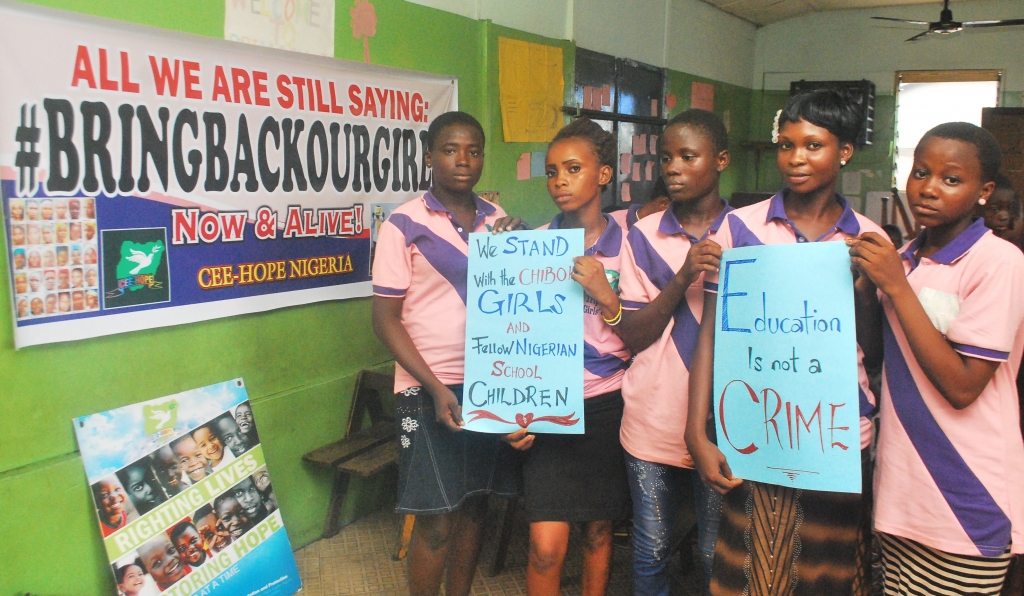Tuesday, August 18, 2020 12PM EDT
Register on Zoom: https://us02web.zoom.us/webinar/register/WN_l5OIO1fuTAmSJvdI1nPyZg
Registration is Free. Recommended donation is $20.
Please send donations to Jur-Ed Foundation @ https://www.canadahelps.org/en/charities/jur-ed-foundation/ Donations will be applied toward legal education (including covering the costs of this webinar) and homelessness advocacy.
Lawyers who attend may use this webinar as one substantive
hour towards their Continuing Professional Development requirements.
_ _ _ _ _ _ _ _ _ _ _ _ _ _ _ _ _ _ _ _ _ _ _ _ _ _ _ _ _ _ _ _ _ _ _ _ _ _ _ _ _ _ _ _ _ _ _ _ _ _
Join Canadian Lawyers for International Human Rights, Jur-Ed
Foundation, and the Law Union of Ontario for a one hour webinar discussing the impact of
COVID19 on homeless populations in Canada and what is being done to hold
governments accountable for pandemic-related human rights violations.
Leilani
Farha, former United Nations Special Rapporteur on the Right to Housing, will
discuss the recently developed National Protocol for Homeless Encampments in
Canada and its potential to encourage governments
to move away from criminalization and forced evictions and towards meaningful
engagement with encampment residents as rights holders.
Sanctuary Ministries’ outreach worker, Greg Cook and Goldblatt
Partners lawyer, Jessica Orkin will discuss the recent lawsuit filed against
the City of Toronto by a coalition of public interest groups demanding
appropriate distancing and sanitation standards in shelters and a swifter, broader
plan to relocate residents to vacant hotels and alternative housing.
Together
these speakers and moderator Jesse Gutman, host of Jur-Ed and CLAIHR Board
member,
will explain the disproportionate impact of COVID19 on already vulnerable
homeless people and the need for stable, long-term, and affordable housing
solutions moving forward.
See below for more information on our panelists and moderator.
Leilani Farha
Former United
Nations Special Rapporteur on the Right to Housing (June 2014 – April 2020)
Leilani
brought a dynamic energy to the role of UN Special Rapporteur on the Right to
Adequate Housing; energy she will need to reach her goal of prompting and
facilitating an international paradigm shift in how housing is approached.
During
her time as Special Rapporteur, Leilani presented reports to the UN on
homelessness, the connection between the right to housing and the right to
life, and the financialization of housing. She has traveled on official
missions to Serbia and Kosovo, India and most recently to Chile, amongst
others, to investigate and comment on the state of the right to housing.
In
addition to her requisite work, Leilani has used her platform to start The
Shift, a global movement to reclaim and realize the right to housing, which
calls for everyone to approach housing as a human right, not a commodity.
A
lawyer by training, Leilani assumed the role of Special Rapporteur in 2014, but
she has been tirelessly advocating for the realization of the right to housing
throughout her career. She is the current executive director of the NGO Canada
Without Poverty.
In
her previous role as Executive Director of the Centre for Equality Rights in
Accommodation, she was instrumental in launching a historic challenge to
government inaction in the face of rising homelessness.
She
has been a member of the Advisory Group on Forced Evictions for UN Habitat, and
was a founding member of ESCR-Net, an international network of actors committed
to economic, social and cultural rights.
Greg Cook
Outreach Worker, Sanctuary Ministries
Greg
Cook is an Outreach Worker at Sanctuary Ministries in Toronto. Sanctuary is a
healthy, welcoming community in which people who are poor and excluded are
particularly valued. Sanctuary was the named plaintiff organization in the
recent civil claim injunction against the City of Toronto to maintain proper
social distancing in the Municipal shelter system.
Jessica Orkin
Partner, Goldblatt
Partners
Jessica
Orkin has a broad litigation practice including criminal, civil and
administrative law matters, with an emphasis on constitutional, human rights,
Aboriginal rights and access to information law matters.
Jessica
appears at all levels of court, including the Court of Appeal for Ontario and
the Supreme Court of Canada. She is also a frequent speaker at legal
conferences and seminars. She has been named in Best Lawyers as a leading
aboriginal law practitioner.
Jessica
received her law degree from the University of Toronto. She also holds an
M.Phil. degree in Development Studies from the University of Oxford, and a
bachelor of arts and sciences from McMaster University. She was called to the
Ontario Bar in 2006, after clerking at the Federal Court of Appeal.
Jesse Isaac Gutman
President, Jur-Ed
Foundation and Board Member, CLAIHR
Jesse
Gutman is a 2013 call Union-side Labour lawyer in Toronto, practicing in
English and French. He is the President of the Jur-Ed Foundation and the
host/producer of its podcast of the same name. Jesse was previously a high
school teacher in Quebec and is a part-time Klezmer musician. He is passionate
about human rights and international solidarity.




